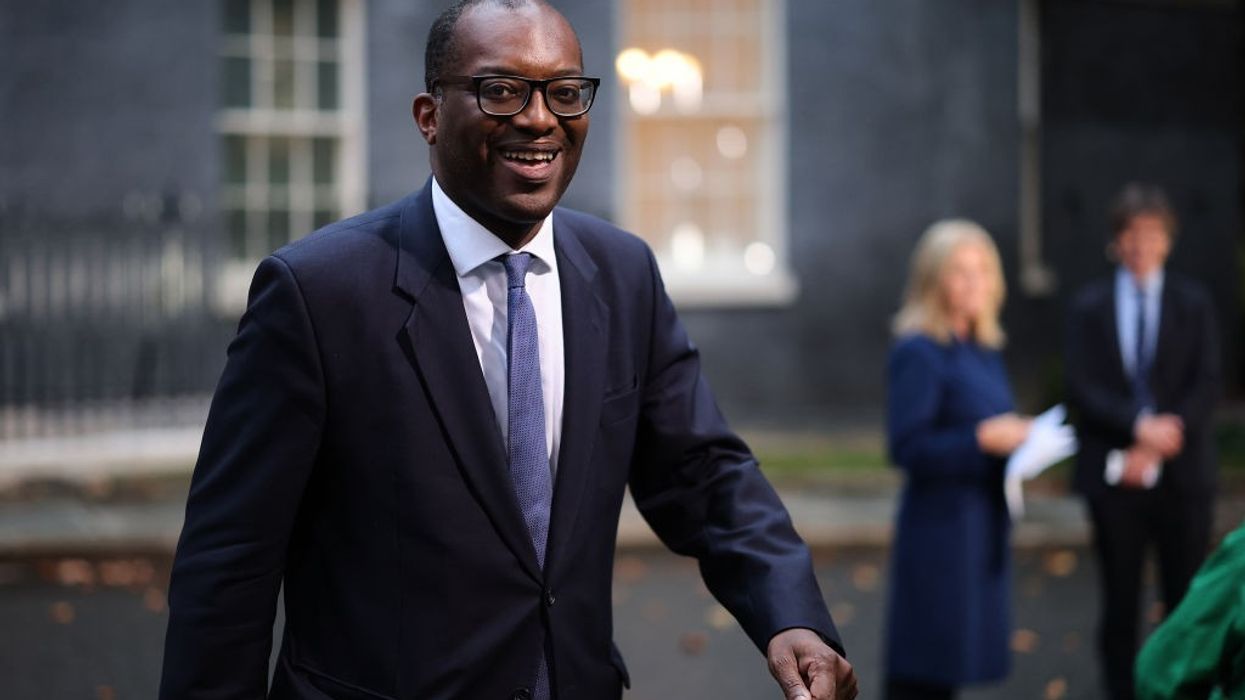British chancellor of the exchequer Kwasi Kwarteng is expected this week to announce changes to the country's welfare system that will help boost people’s earnings, get them into work and support economic growth.
Changes to Universal Credit expected to be announced later this week will require benefit claimants working up to 15 hours a week at National Living Wage to meet regularly with their Work Coach and take active steps to increase their earnings or face having their benefits reduced, His Majesty's Treasury said in a press statement.
This gradual expansion is an increase from the 12-hour threshold and will bring an additional 120,000 benefit claimants into the Intensive Work Search Regime.
With more than 1.2 million job vacancies across the UK, Work Coaches will set clear expectations with claimants and make sure they stick to their commitments. These commitments could include applying for jobs, attending interviews or increasing their hours.
People who don’t fulfil their job-search commitments without good reason could have their benefits reduced in line with existing benefit sanctions policy.
Eligible claimants above 50, including new claimants and the long-term unemployed, will also get extra support from Work Coaches. The newly unemployed will get nine months of targeted sessions, and people who are long-term unemployed will receive a booster session followed by three months of intensive employment support.
Rising economic inactivity among those above 50 is contributing to shortages in the jobs market, driving up inflation and limiting growth. Returning to pre-pandemic activity rates in the over-50 could boost the level of GDP by up to one percentage point.
Chancellor Kwarteng said, “Our jobs market is remarkably resilient, but it is not perfect. While unemployment is at is at its lowest rate for nearly fifty years, the high number of vacancies that still exist and inactivity in the labour market is limiting economic growth.
“We must get Britain working again. These gradual changes focus on getting people back into work and maximising the hours people take on to help grow the economy and raise living standards for all.
“It’s a win-win. It boosts incomes for families and helps businesses get the domestic workers they need, all while supporting economic growth.
Secretary of state for work and pensions Chloe Smith MP said, “As we continue to face economic challenges and labour market shortages, we are committed to helping people on lower incomes to boost their pay – because we know work is one of the best ways to support your family and help grow our economy.
“Whether it’s increasing their hours in their current role, entering a new sector or switching careers, we want people of all ages and all stages to be able to progress into fulfilling careers.
“The expertise our dedicated DWP Work Coaches bring, will help to drive this change by removing barriers to progression and opening up opportunities for training and building skills, to increase earnings.”
These changes will be Britain-wide and, in line with usual practice, the UK government will work with the Northern Ireland Civil Service to determine the most suitable way to deliver support in Northern Ireland in due course.
Certain groups will remain exempt from sanctions, including people who are unable to work due to long-term sickness or a disability.




